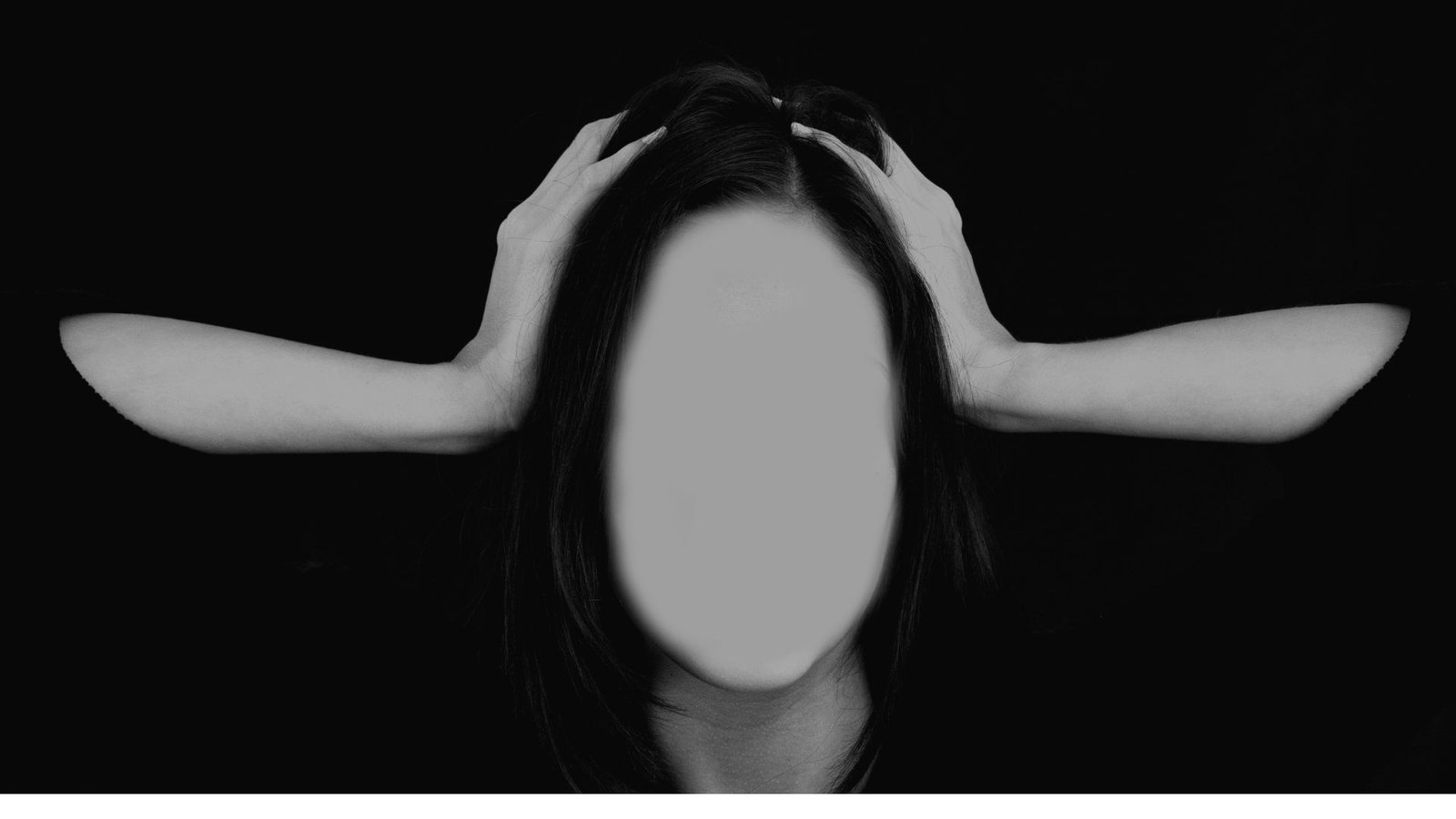Bipolar disorder is a brain disorder that induces changes in a person’s mood, energy, and knack to function. People with bipolar disorder undergo strong emotional states that characteristically happen during distinct periods of days to weeks, called mood episodes.
These mood episodes are characterized as manic/hypomanic (unusually happy or irritable mood) or depressing (sad mood). People with bipolar disorder usually have periods of neutral mood as well. When treated, people with bipolar disorder can lead full and fruitful lives.
People without bipolar disorder endure mood fluctuations as well. Though, these mood changes typically last hours rather than days.
Also, these changes are not usually accompanied by the extreme degree of behavior change or trouble with daily routines and social interactions that people with bipolar disorder validate.
Bipolar – I Disorder
Bipolar I disorder is detected when a person undergoes a manic episode. During a manic episode, people with bipolar I disorder experience a severe upsurge in energy and might feel on top of the world or uneasily irritable in the mood.
Some people with bipolar I disorder also experience depressing or hypomanic episodes.
Symptoms of Bipolar – I Disorder
- Diminished need for sleep (e.g., feeling energetic despite suggestively less sleep than usual
- Amplified or faster speech
- Uncontrollable racing thoughts or rapidly shifting ideas or topics when speaking
- Distractibility
- Improved activity (e.g., impatience, working on several projects at once)
- Amplified risky behavior (e.g., irresponsible driving, spending sprees)
These behaviors must characterize a change from the person’s normal behavior and be clear to friends and family. Symptoms must be rigorous enough to induce dysfunction in work, family, or social activities and responsibilities. Symptoms of a manic episode commonly necessitate a person to obtain hospital care to stay safe.
Some people undergoing manic episodes likewise experience disorganized thinking, false beliefs, and/or hallucinations acknowledged as psychotic features.
Treatment and Management
Bipolar disorder symptoms usually improve with treatment. Medication is the keystone of bipolar disorder treatment, however, talk therapy (psychotherapy) can help several patients learn about their illness and follow medications, preventing future mood episodes.
In some cases, when medication and psychotherapy have not assisted, an operative treatment known as electroconvulsive therapy (ECT) might be used. ECT includes several rounds of a brief electrical current functional to the scalp whilst the patient is under anesthesia, leading to a short, controlled seizure. ECT-induced seizures are supposed to remodel brain signaling pathways.
Since bipolar disorder can lead to serious disruptions in a person’s daily life and generate a demanding family situation, family members may furthermore benefit from professional resources, predominantly mental health advocacy and support groups. From these sources, families can learn strategies for managing, participating actively in the treatment, and obtaining support.
Bipolar – II Disorder
A diagnosis of bipolar II disorder necessitates someone to have at least one major depressing episode and at least one hypomanic episode (see above). People return to their normal functioning between episodes. People with bipolar II disorder frequently first seek treatment as a result of their first depressing episode, since hypomanic episodes often feel enjoyable and can even upsurge performance at work or school.
Bipolar Disorder Treatment
Treatments for bipolar II are comparable to those for bipolar I: medication and psychotherapy. The most normally used medications are mood stabilizers and antidepressants, reliant on the specific symptoms. If depressive symptoms are extreme and medication is not operative, ECT (see above) may be used. Each person’s treatment is customized.

